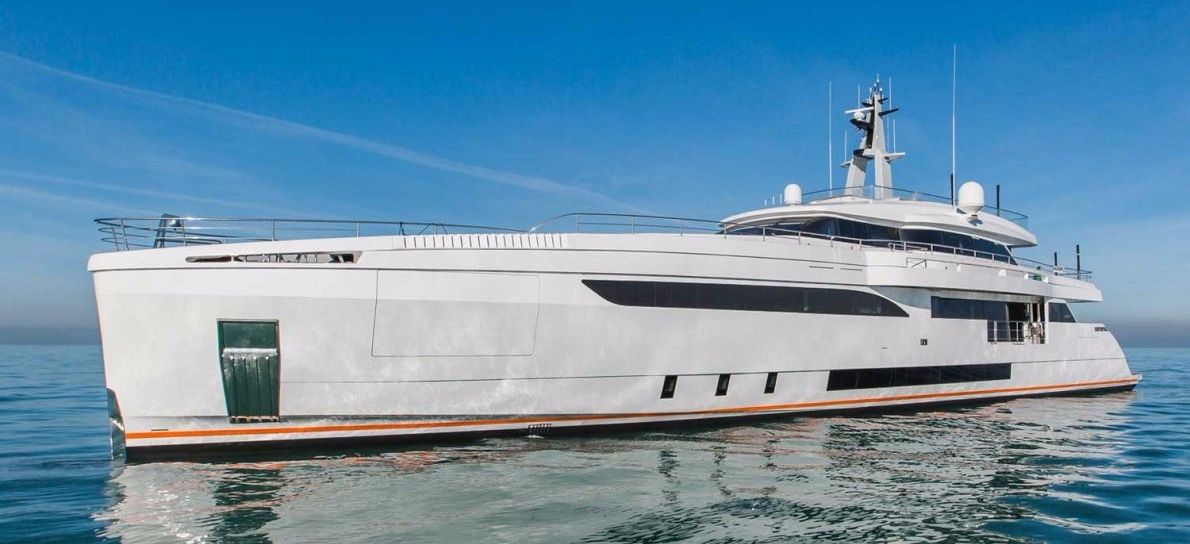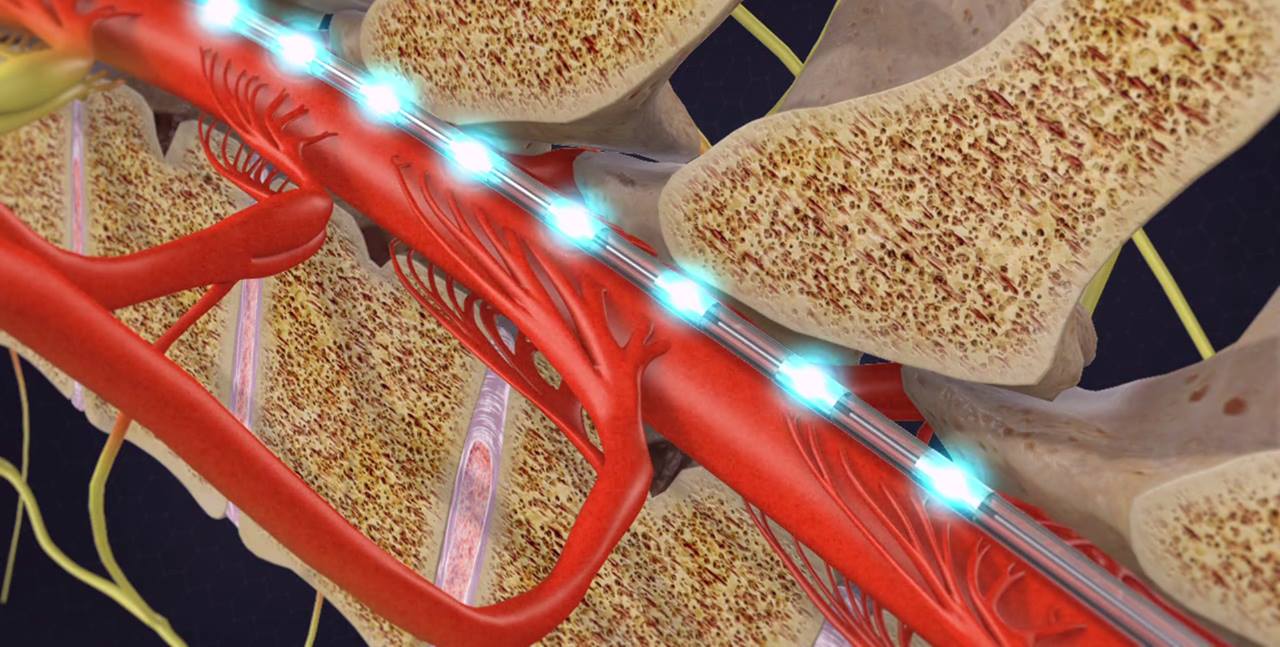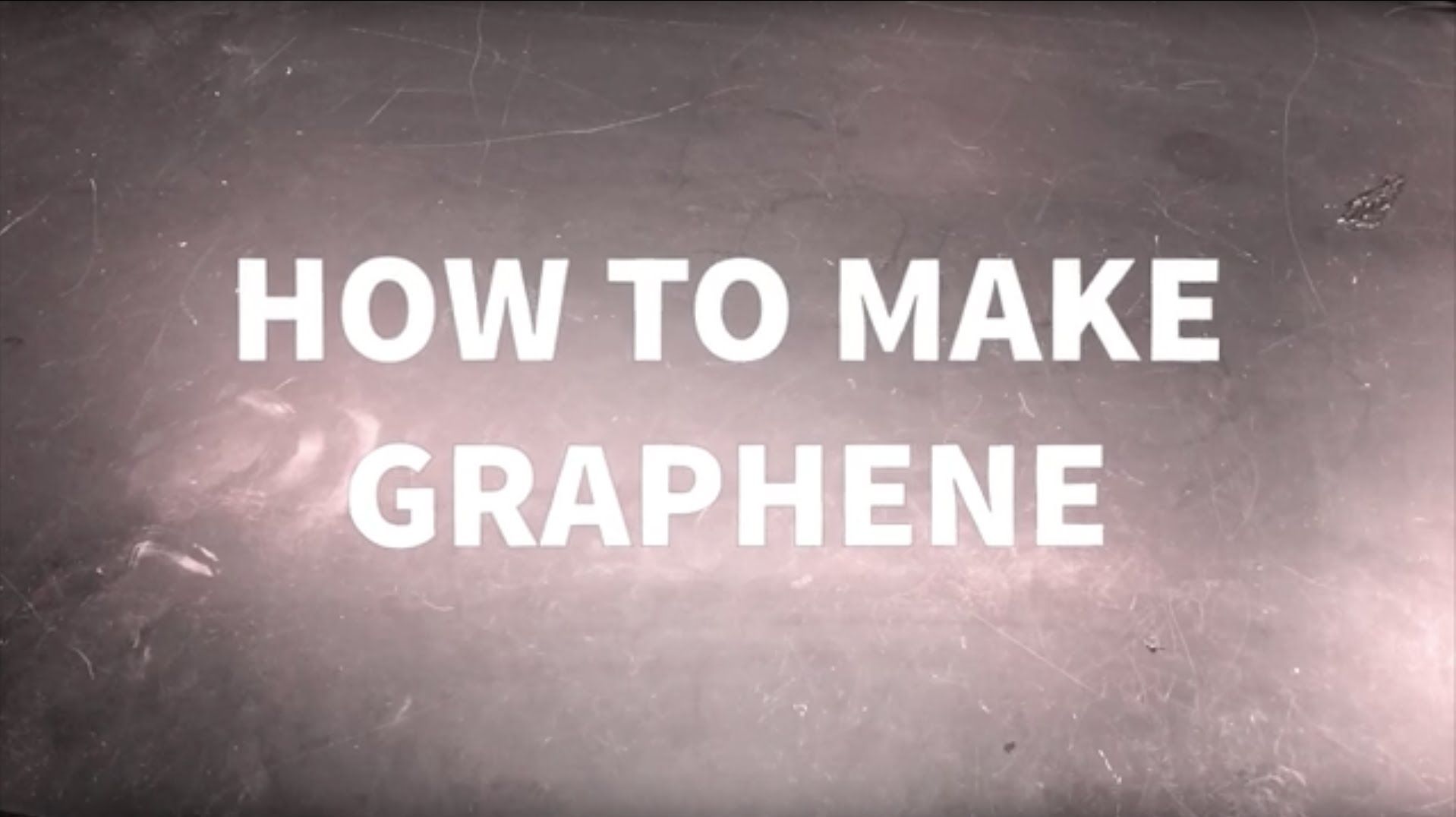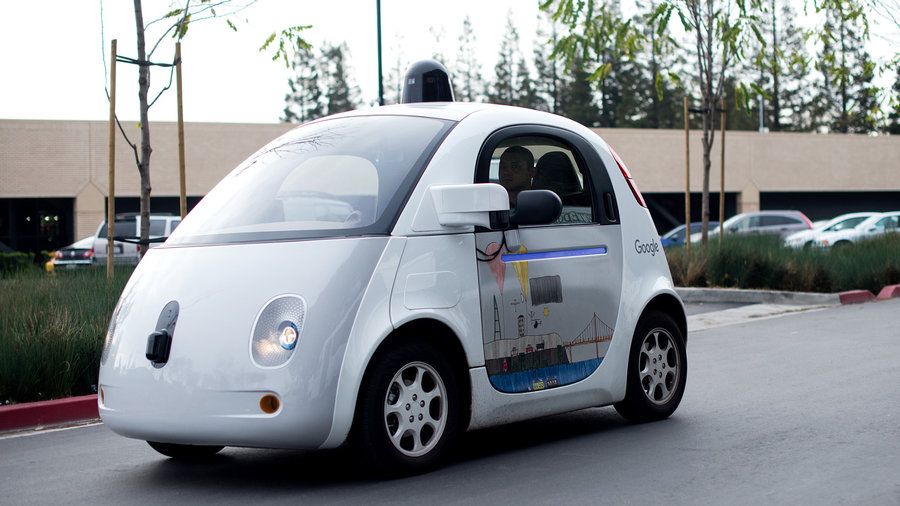
The Prius is an intentionally odd-looking car that gets odder with every generation; I’m pretty sure even ardent defenders of Toyota’s flagship hybrid could agree with me on that. So why not throw an equally odd paint color on top?
What you’re looking at here is the new Prius in “Thermo-Tect Lime Green,” which is more than your average upsettingly loud paint color. Toyota says that by removing the carbon black particles found in most paint and replacing them with titanium oxide, it has significantly increased the vehicle’s solar reflectivity — in other words, the car heats up less, which lessens the need for air conditioning, which in turn improves fuel economy. And fuel economy, of course, is what the Prius is all about.
White paint also does a good job of keeping the sun’s heat at bay, but Toyota actually says that its Thermo-Tect paint outperformed white in a two-hour summer test outdoors. Basically, this technology means that you might be able to get the color of your choice on your next car and still reduce your AC use. Granted, lime green may not be your first choice, but there doesn’t seem to be anything stopping Toyota from rolling it out to other colors as well.
Read more

















